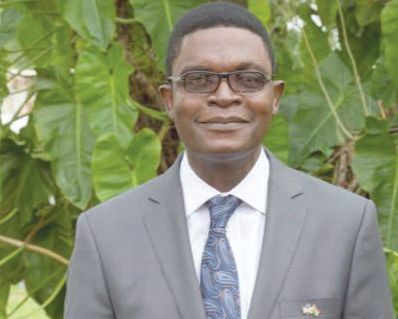
Multiparty democracy: Is it worth abandoning or rescuing? Asks Dr Emmanuel O. Akwetey
On the occasion of our 63rd independence anniversary as nation Ghana, I find myself in a dilemma of sorts. On the one hand, I feel like celebrating the blessing of living in the most acclaimed multiparty democracy in Africa which also ranks as one of Africa’s fastest-growing economies and West Africa’s second largest economy. This feat makes our country, comparably successful as a growing political economy and a haven of peace and stability in the ECOWAS region.
Coincidentally, the 63rd independence anniversary celebrations is coinciding with the eighth consecutive multiparty presidential and parliamentary elections of the Fourth Republic.
But the coincidence is actually no big news. That is how the system has been designed in the 1992 Constitution. Both the Executive President of the Republic and Members of Parliament (MPs) are obliged to serve for fours at a time. The only difference is that the President has a maximum tenure of two terms which is eight years, while Members of Parliament formally have no such time limit.
Community bonding
Theoretically, an MP can contest parliamentary elections as many times as he or she wishes. But in practice that re-election occurs at the pleasure of the constituency executives of the MP’s party, the electorate and financiers of re-election.
That is why the 28 years long tenure of the current Second Deputy Speaker of Parliament, Mr Alban Sumana Kingsford Bagbin, as the MP of the Nadowli Kaleo Constituency in the Upper West Region is remarkable and commendable achievement. That length of service reflects the quality and appreciation of his performance and bonding with the community he represents.
An MP, as we understand, performs four key roles. He/she is a constituency representative, national lawmaker, overseer of the functions of the Executive President and the government, and accountability watchdog.
A disturbing observation at this juncture is the fact that the cyclical correlation of independence day celebrations with presidential and parliamentary elections has become increasingly dangerous. Since 2008, the years in which Ghana’s independence anniversary converges with presidential and parliamentary elections have become the riskiest to the peace and stability of our multiparty democracy and national cohesion in the Fourth Republic.
Electoral behaviour
For more than a decade, the electoral behaviour of the dominant political parties, currently the governing New Patriotic Party (NPP) and the opposition National Democratic Congress (NDC), have become so fierce and intemperate that they threaten the democratic stability, peace, security and national cohesion of the Fourth Republic. Several attempts at getting these two powerful political parties to voluntarily modify their electoral behaviour so as to assuage the anxieties of the very people from whom they are seeking the mandate
